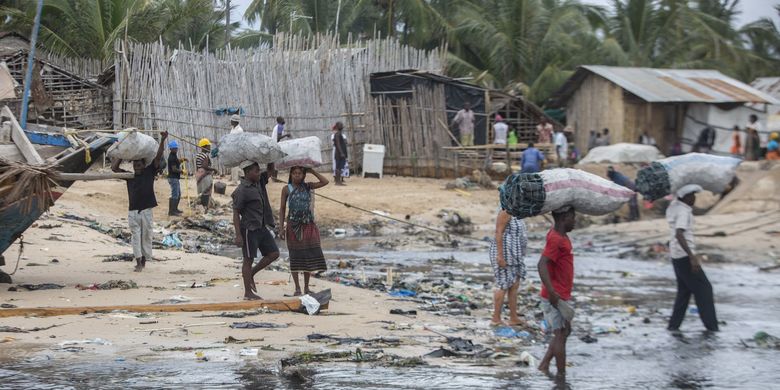“When it comes to sharing and distributing, we tend to share with people with whom we have a relationship,” explains biologist Patrick van Veen. “And what is of course with these vaccines is that you constantly hear about shortages. That drives us to greed: ‘I first, then my relatives and then the other people’.”
Bought up vaccines
For example, on March 1, the Netherlands had purchased enough vaccines to vaccinate the entire population more than twice. And in Canada they even have three vaccines per inhabitant. In the African Congo, on the other hand, there are only enough injections for ten percent of the inhabitants. And in Burkina Faso, and that applies to almost all countries in Africa, they only have an injection for five percent of the population.
–
–
If we don’t distribute vaccines more fairly, everyone will be in trouble. “Because rich countries have bought up the majority of vaccines and also protect the monopolies of their pharmaceutical companies, developing countries are missing out on vaccines,” says Esmé Berkhout, policy advisor at Oxfam Novib.
“Poor countries are lagging behind in vaccinating, with the result that more people continue to get sick, economic recovery is lagging behind and there is more chance of mutations that make vaccines less effective.”
Scarcity
But why are we so greedy when we know we’re going to suffer? Biologist Patrick van Veen explains: “In previous research, children were given the choice: either you get the reward now or you postpone the reward and you get a lot more in the long term. This is also a situation of which you know: if we distribute better now, we have less chance of mutations. “
–
–
Still, most people opt for the short term and that has to do with scarcity. “In the back of our mind is a kind of primeval brain that says: eat what I can eat now, because you never know what you will encounter tomorrow,” says Van Veen. “Even though you know that there may be a lot more in the future. And that is not only with food, but also with vaccines that are important for survival.”
Continue to discuss
We can change the behavior, he explains. “You do that by continuing the discussion with each other, so that people become aware of the impact of that short-term strategy. And another important factor is that you have to have leaders who say: now we are going to make choices and make sure that we think about it. the long-term strategy. “
–
–


